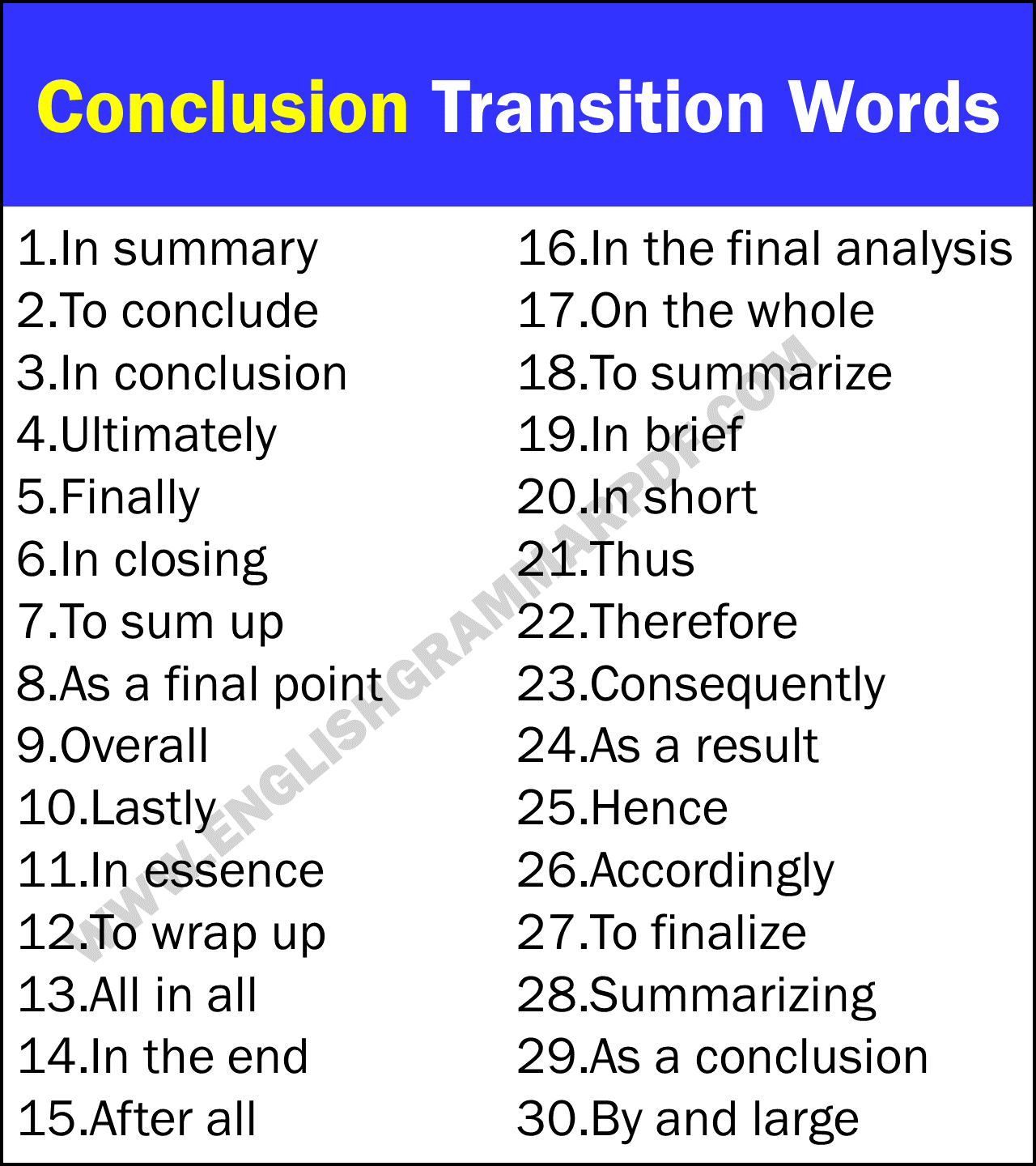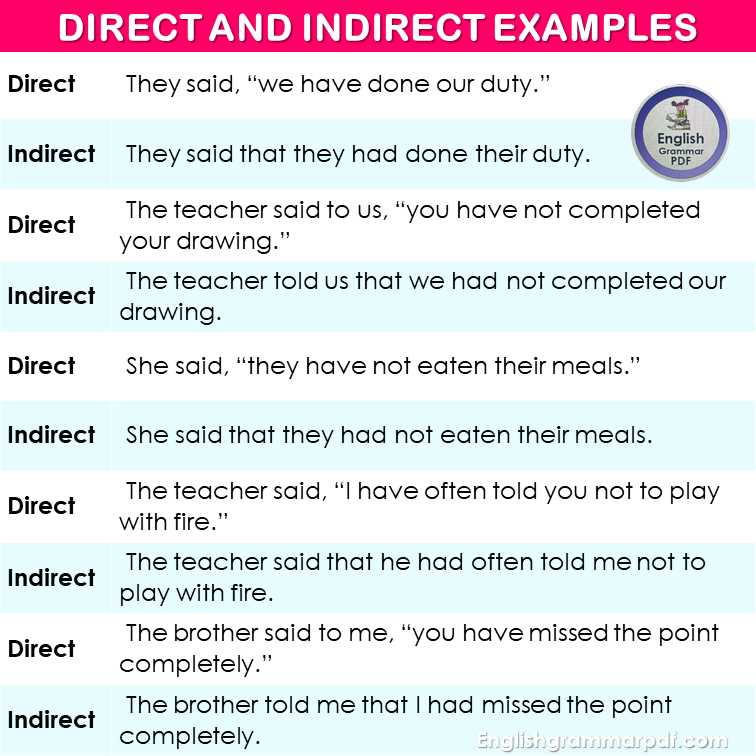Have you ever wanted to finish telling a story or explaining something and weren’t sure how to wrap it up neatly? Well, guess what? There are special words called “conclusion transition words” that can help you do just that! These magic words help us smoothly move from talking about all the details to wrapping up our thoughts in a tidy bow.
In this post, we’re going to explore some of these fantastic words and show you how to use them with some easy examples. Get ready to become a master at ending your stories and explanations like a pro!

Conclusion Transition Words
- In summary: Used to introduce a concise statement of the main points.
In summary, eating a balanced diet and exercising regularly are key to a healthy lifestyle. - To conclude: Indicates the beginning of the final statement or thought.
To conclude, the experiment proves our hypothesis was correct. - In conclusion: Signals the start of the final part of something.
In conclusion, the data supports our theory. - Ultimately: Denotes the final point or the fundamental essence.
Ultimately, your happiness is what matters most. - Finally: Indicates the last point or the end of a series.
Finally, after hours of discussion, we reached a unanimous decision. - In closing: Used to indicate the speaker is about to finish their speech or piece.
In closing, I would like to thank everyone for their participation. - To sum up: To give a brief statement of the main points.
To sum up, the three key points to focus on are efficiency, accuracy, and speed. - As a final point: Introduces the last item in a list.
As a final point, I want to remind everyone about the importance of teamwork. - Overall: Used to give a general summary or assessment.
Overall, the project was a tremendous success. - Lastly: Introduces the final item or argument.
Lastly, don’t forget to check your work for any errors. - In essence: Refers to the most important idea or quality of something.
In essence, the message is about the value of perseverance. - To wrap up: To complete or finish something.
To wrap up, let’s go over the key takeaways from today’s meeting. - All in all: Considering everything.
All in all, it was a good year despite the challenges. - In the end: Refers to the final outcome or conclusion.
In the end, justice was served. - After all: Used to add information that supports or contrasts with what has been said.
After all, it’s not surprising that he won the award, given his dedication. - In the final analysis: When everything has been considered.
In the final analysis, the benefits of the new policy outweigh the drawbacks. - On the whole: Considering everything.
On the whole, the seminar was informative and well-organized. - To summarize: To give a brief statement of the main points.
To summarize, we need to focus on improving our customer service. - In brief: To express something in a few words.
In brief, the plan involves three main steps. - In short: Similar to ‘in brief’, used to indicate a concise summary.
In short, we must act now to prevent further damage. - Thus: Used to introduce a logical conclusion.
Thus, with more evidence, we can confidently proceed with our research. - Therefore: Indicates a logical result or conclusion.
Therefore, we need to revise our strategy to succeed. - Consequently: Shows the result or effect of something.
Consequently, the event has been postponed until next week. - As a result: Similar to ‘consequently’, indicating the outcome of something.
As a result of the new evidence, the case has been reopened. - Hence: Used to introduce a conclusion drawn from the preceding.
Hence, we must consider alternative solutions. - Accordingly: Indicates something is done as a result of something else.
Accordingly, the training sessions will be adjusted to fit your needs. - To finalize: To make something final or complete.
To finalize, please sign here to indicate your agreement. - Summarizing: Presenting a summary of the main points.
Summarizing, the project will require both time and dedication. - As a conclusion: Introduces the final statement or summary.
As a conclusion, remember that continuous learning is key to personal growth. - By and large: When considering everything.
By and large, the feedback on the new system has been positive.


